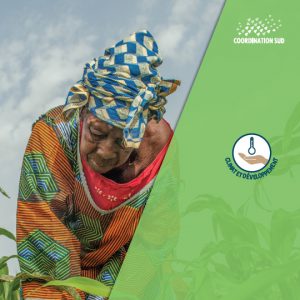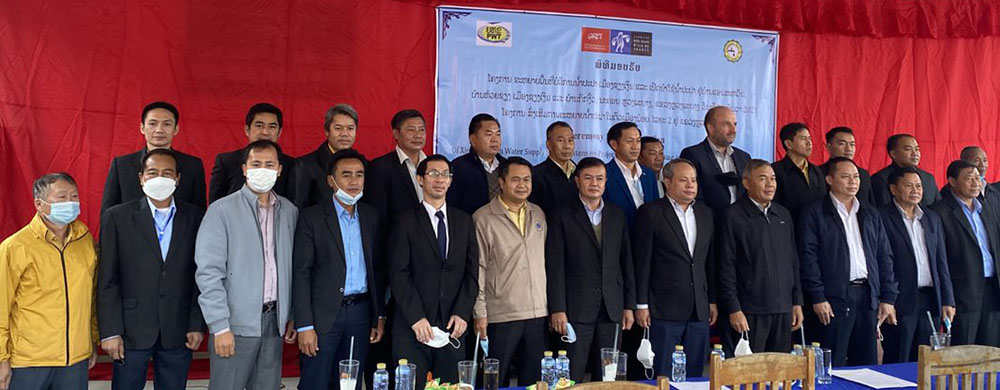Gender and climate are two transversal issues that are inherent in all development projects. They overlap in several several aspects, in particular necessitating long-term consideration to question the status quo and the impact of activities conducted. Inequalities between men and women can also be accentuated by the climate crisis, for example due to the role of women in natural resource management. Including Gender in a project combatting climate change is therefore necessary not only to ensure the success and effectiveness of the project but also to improve its social co-benefits. Lastly, the inequalities observed between genders makes it possible to question other situations of domination between different populations, or even more widely between humans and ecosystems.
The Coordination SUD Climate and development commission brings member organisations, including GRET, together to share their experiences in the field and exchange best practices in various subject areas. Among the subjects covered at a capitalisation workshop was the link between gender and climate.
This publication, in which GRET participated, highlights the various experiences of the NGOs that took part in the workshop in order to highlight factors for success and obstacles for the inclusion of gender in the field, within teams and from the outset when designing a climate project.



